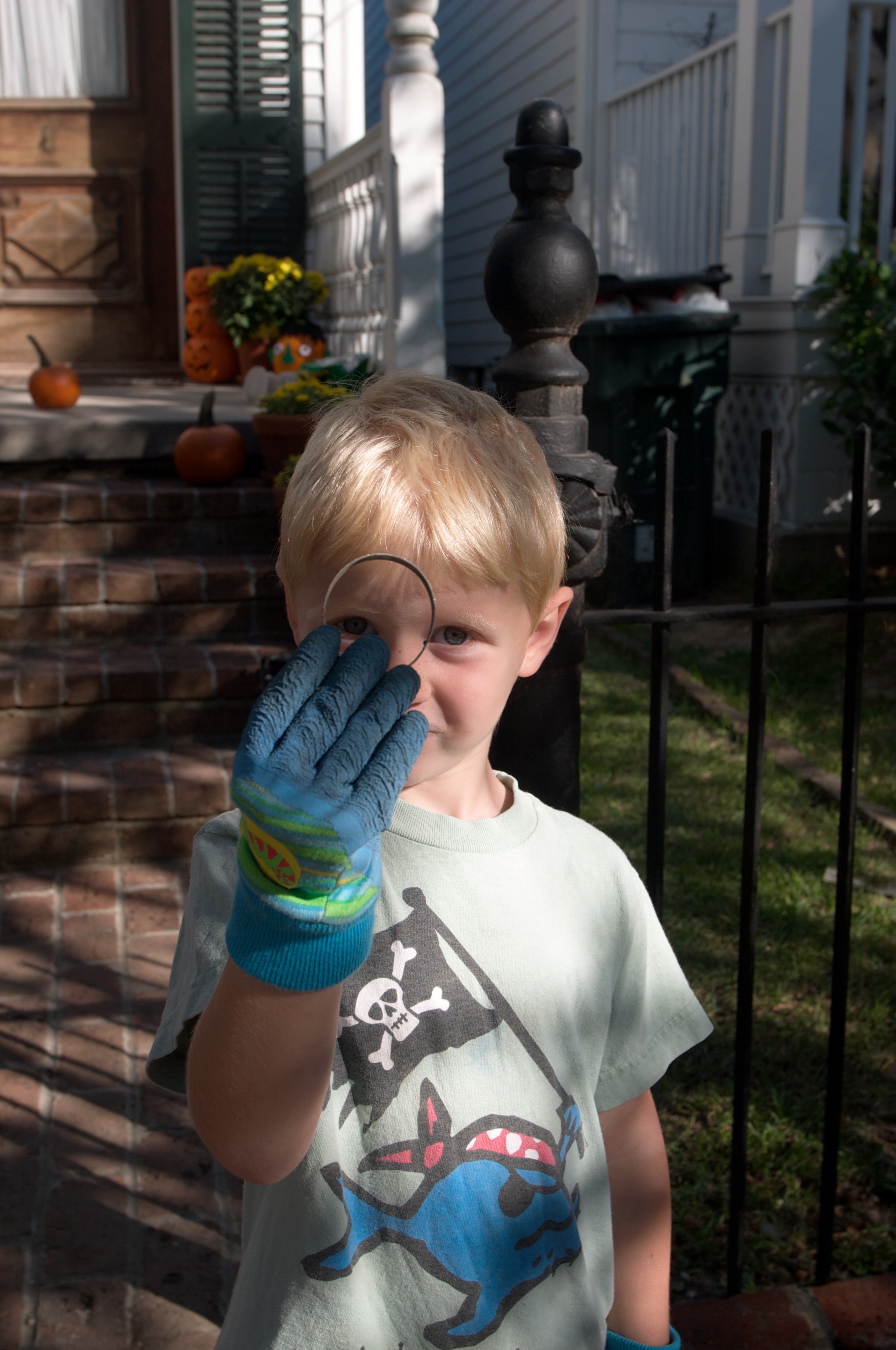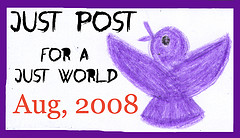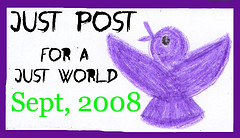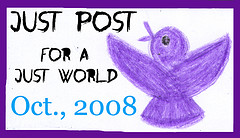Tonight was our first parent teacher conference of the year. The kids are in a French school, immersed in French all day long, so it’s been a bit of a mystery to us as to how they were doing. For Kate we had no worries; she’s young, she’s in the most primary of classes the school offers, and there are no huge developmental issues that need immediate attention (eventually we’ll turn to pottying and removal of Abby — her pacifier — but we’re currently living in the beautiful world of LATER on those issues).
For Will, it’s been constant worry. Worry that he was struggling with a bully. Worry that he wasn’t able to sit still. Worry that he is the youngest (or almost the youngest) in the class. Worry that he isn’t bringing home points to show good behavior. Worry that he is over-tired without a nap. The worry came from little things that we were seeing: a random bathroom accident around the same time as the concern over the bully, increased difficulty and whiny behavior at home, the fact that he wasn’t bringing home ‘creature cards,’ given when students reach 10 points for good behavior (there is the possibility to earn 1 point each day). Although he seems to love school (he never wants to go home when we arrive to pick him up), he complains about going to school each morning. Was he showing us signs that he was stressed? Were we missing important clues that indicate a problem?
We have been in communication with his teacher and the school director about our concerns. It’s fair to say that I am a high-maintenance Mom when I don’t understand something. (Although I would prefer the terms “engaged” and “involved.”) It’s a new school, the learning curve is steeper than we would have thought, and getting information from other parents has been difficult. Thankfully, the school staff is understanding and accommodating of our questions.
Nana (Paul’s Mom) came yesterday and spent the morning with Will’s class. Via her report, in class, Will is quiet. He fidgets, but really no more or less than any of his classmates. When asked to do something, he follows direction without hesitation, which she felt was strong indication that he understood the commands. At one point, the teacher pulled out dice and some cards. She called over students one by one and asked them a series of questions, rolling the dice and showing the cards — a test of numbers, counting, and letters. Nana couldn’t tell what the right or wrong answers were, only that comparatively, Will seemed to fly through the questions.
So we arrived at Will’s conference a little nervous. I had my notebook out, pen raised.
“Will,” his teacher began, “Will is… what is the word…?” (Will’s teacher is French, she’s searching for the right word) “… he is…”
My hand readies to write.
“… amazing.”
I freeze. Really? I put down the pen. This is not the word I thought she was going to say.
She proceeds to tell us that she had wondered if Will was learning at all, that she sees him looking around the room, daydreaming, not really paying attention. That when they learn songs, she wonders how well he knows the words. That he is shy and doesn’t speak. (This is normal with immersion — in the first year, children tend to primarily listen. In the second year, they begin to speak.) So today, when she checked in with the students in preparation for the afternoon’s parent meetings, she was “amazed” that Will not only flew through the dice and cards, but that he did it faster and with accuracy equal to that of the students who had been in French school for several years. “You should be very proud of him,” she told us with a smile.
I’d love to say that we are simply outstanding parents, dutifully fostering his French learning. But outside of asking him to teach us different words or sing songs for the video camera, we’re not doing much. All this time and worry about Will, when the truth is that he is really, truly learning, completely in stride with his class. It was the first time I’d actually believed that maybe he wasn’t going to be held back from Kindergarten (all my worry had resigned me to this reality, because I was so sure we’d made the wrong choice by putting him in the Kindergarten in the first place.) Could this be anxiety over how fast this kid is growing up?

As we left the school, feeling a bit shocked and surprised, Paul says, “We managed to get through our first parent-teacher conference without the words ‘restraining order.’ I consider that a success.”
Then we exchanged glances and he voiced what we both were thinking, “I spoke too soon; we still have to do Kate’s.”
















liprap | 20-Nov-08 at 6:42 am | Permalink
MAZEL TOV! That is waaay better than the first parent-teacher conference I ever had. So, so glad that Will is doing well.
Emmy | 20-Nov-08 at 8:43 pm | Permalink
Your kids are AMAZING. yay! So glad Will is doing great at his new school.
admin | 21-Nov-08 at 7:45 pm | Permalink
Thanks!! We definitely feel relief after all the concern this fall!
Cold Spaghetti » Blog Archive » On Being Heard, or Not Heard, and what lies between. | 29-Jan-09 at 2:20 pm | Permalink
[…] had the kids’ second parent-teacher conferences last night. Will, the child who a few months ago was proclaimed “amazing,” had a mixed report card. He is very quiet. He is often in his own little world. When he […]